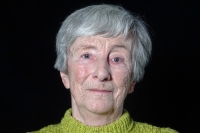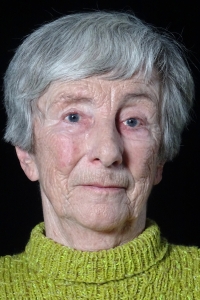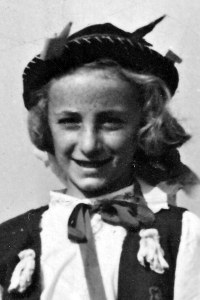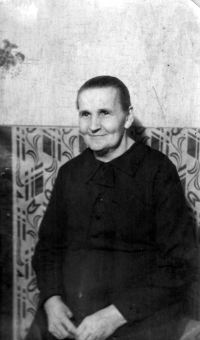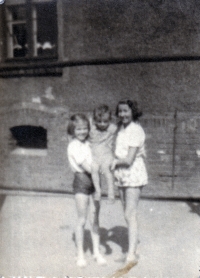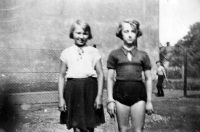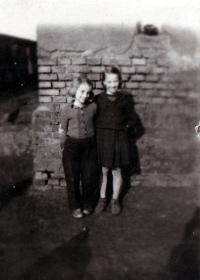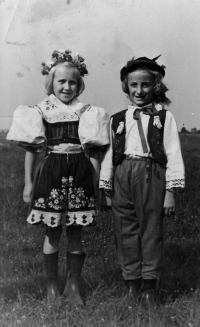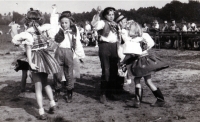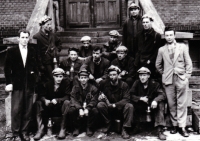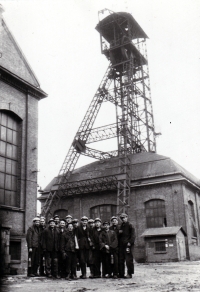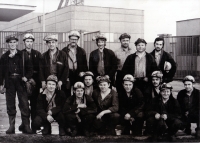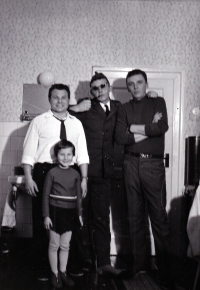Life in the mining colony was simple, primitive, but very nice
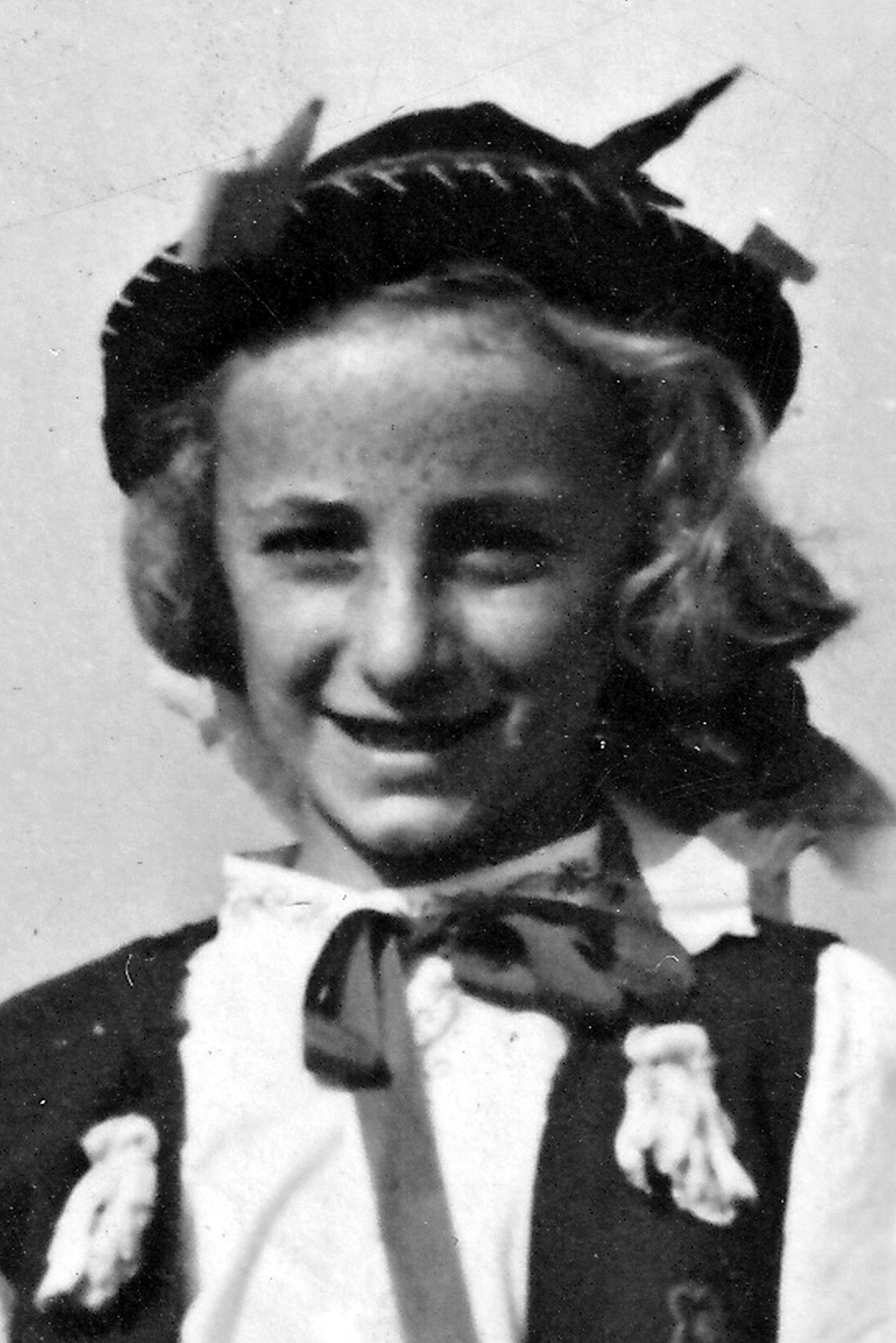
Download image
Božena Csoroszová was born Veverková on 12 December 1942 in Ostrava-Heřmanice. She grew up in the local mining colony of Petr Bezruč Mine. Her grandfather, father and later her brothers and husband worked in the black coal mines in the Ostrava-Karviná district. She trained as a textile saleswoman and worked in textile and haberdashery shops all her life. She lived in Ostrava-Poruba with her husband of Hungarian origin, who came from south-eastern Slovakia. At the time of the invasion of Czechoslovakia by Warsaw Pact troops in August 1968, she and her husband were on holiday at the Black Sea in the Soviet Union. She experienced intense fear that she would not be able to return home to her daughter and parents. In 2023 she was living as a widow in Ostrava-Poruba.
